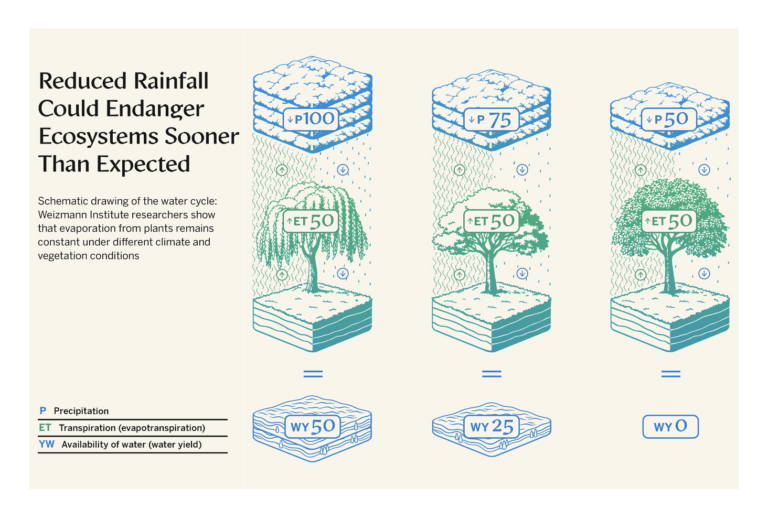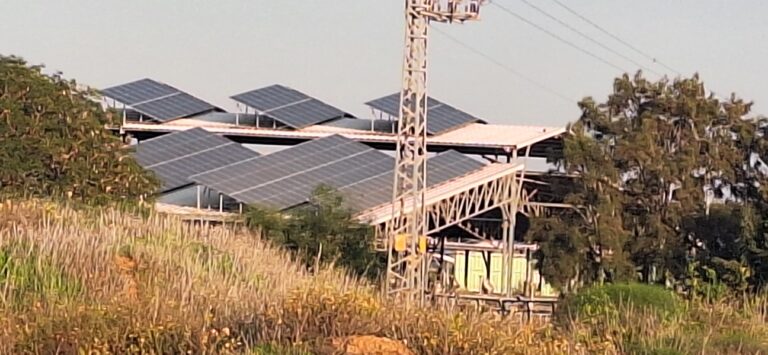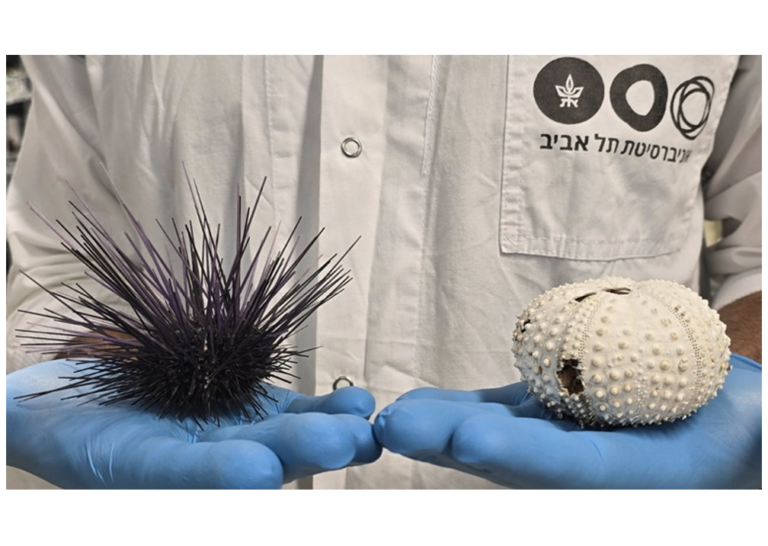Révolutionnaire ! La barrière flottante de Harbo (Israël) bloque les marées noires en 20 mn !

[:fr]Les déversements de pétrole lors des marées noires sont toujours tragiques car ils détruisent des écosystèmes marins entiers, et se répandant souvent sur des centaines de miles dans les 24 premières heures. Récemment, la rupture d’un pipeline en Californie a provoqué la fuite de plus de 100 000 gallons de pétrole brut le long de la côte Santa Barbara. Selon l’Agence américaine de protection de l’environnement, des dizaines de milliers de litres de pétrole se déversent chaque année, et les technologies de prévention n’ont pas évolué depuis plus de trois décennies. Le taux de récupération continue à plafonner au-dessous de 15 %, chiffre qui ne s’est guère amélioré au fil des ans.
La start-up israélienne HARBO Technologies veut vaincre ce problème d’environnement dévastateur et a conçu une barrière flottante facile à déployer car elle peut bloquer un déversement de pétrole en moins d’une heure. Elle encercle le déversement et « l’encapsule », puis la tache d’huile est soulevée et peut être éliminée, loin de l’eau. Le prototype de barrière flottante HARBO peut contenir jusqu’à deux tonnes de pétrole brut durant la nuit, sans fuite. A l’avenir, une barrière HARBO pourra contenir 25 000 tonnes de pétrole.
Jusqu’ici, les équipes de nettoyage avaient tenté de contenir les déversements avec des barrières de confinement beaucoup plus lourdes jusqu’à leur dispersion ou leur destruction sur place. Cette méthode traditionnelle a à peine évolué depuis un demi siècle. « Les technologies existantes pèsent parfois jusqu’à 10 kg par mètre », explique Boaz Ur, cofondateur et PDG de HARBO Technologies. « Il faut au moins dix heures aux équipes de secours pour intervenir en cas de crise, c’est beaucoup trop long pour être efficace. Entretemps, l’huile se propage trop loin et trop profondément pour être contenue et traitée ».
La solution HARBO est moins encombrante et plus facile à installer, elle nécessite un minimum de formation du personnel sur place, par comparaison aux techniques traditionnelles, et peut réduire le temps d’intervention de plusieurs heures à 20 minutes environ. Grâce au canot de sauvetage, la technologie de confinement de pétrole HARBO est optimisée pour tout type de vent, de courant, ou de type de vague. HARBO ne cherche pas à remplacer les technologies actuelles, mais à ajouter une option d’urgence supplémentaire.

Afin de prouver son concept, l’équipe de HARBO a testé sa solution fin de 2014 au centre d’essais Ohmsett (New Jersey), géré par le ministère américain de l’Intérieur. Ce test ayant été couronné de succès, HARBO pourra commercialiser ses solutions aux États-Unis. Selon Boaz Ur, « il y a plus de 50 000 installations potentielles concernées par notre technologie, les plates-formes pétrolières, les citernes, les grands navires, et les équipes d’intervention des gardes-côtes». Pour HARBO, le marché potentiel est énorme.
Source nocamels[:en]Nocamels. We’ve all seen it on the news: tragic oil spills that destroy entire marine ecosystems, often spreading hundreds of miles within the first 24 hours. Just last month, a ruptured pipeline in California leaked over 100,000 gallons of crude oil along the coast of Santa Barbara. According to the US Environmental Protection agency, tens of thousands of oil spills occur every year, and the prevention technology to deal with their aftermath has not changed in over three decades. Moreover, recovery rates continue to hover just below 15 percent, a figure that has not improved much over the years, making many of the cleanup efforts seem almost futile.
Israeli startup company HARBO Technologies aims to tackle this devastating environmental problem using an easy-to-use “floatie” it has developed, which can contain an oil spill in less than one hour. It simply circles the spill and “encapsulates” it; then, the oil “stain” is lifted and disposed of – away from the water. HARBO’s 100-foot prototype “boom” (floating barrier) contains up to two tons of crude oil overnight, without leaking, according to the company. In the future, each location will have 6,000 feet of boom, which can contain 800,000 gallons of oil (25,000 tons). This new tech is an alternative to the traditional technology used to respond to oil spills in the ocean.
Until now, oil cleanup teams have attempted to contain spills with much heavier containment booms until they’re skimmed, dispersed, or burnt on site. This drag-contain-dispose protocol is the traditional method of cleaning up oil spills, which has barely changed in half a century.
The existing technology is considered bulky, sometimes weighing up to 10kg per meter, according to co-founder and CEO of HARBO Technologies, Boaz Ur. Teams typically take at least 10 hours to respond to a crisis, a time frame too long to be efficient. “By then, oil can spread too far and too deep to be contained and dealt with,” he tells NoCamels.
HARBO says its solution is less bulky, easier to operate, and requires minimal training for on-site personnel, This, in comparison to traditional oil booms, would be able to cut response time down from hours to just about 20 minutes. The size of a lifeboat, HARBO’s oil containment technology is optimized for any type of wind, current, or wave conditions.
However, the company is keen to point out that it is not looking to replace current prevention technology, but to add an extra emergency layer. “The introduction of the sprinkler didn’t stop the use of firetrucks”, Ur says, and likewise implementation of HARBO’s alternative tech doesn’t mean the end of today’s oil spills prevention.
In order to prove its concept, HARBO’s team put their solution to the test in late 2014 in the Ohmsett testing facility in New Jersey, which is operated by officials from the US Department of the Interior to test oil spill solutions and response methods. After that initial test proved successful, HARBO is now approved to provide oil spill solutions in several US areas.

Oil spill in Israel sparks world-changing idea
The idea was born after a spill in Southern Israel back in June 2011. HARBO’s founders tried then to apply ocean spill solutions to land leaks, only to find that they were outdated. That’s why the team began to work on a new solution, and in October 2013 received a $60,000 grant from the Office of the Chief Scientist of Israel. Since then, HARBO has raised $190,000 from private investors (a $2.5 million round is underway) and has been through over 40 prototypes of its technology.
HARBO has passed the initial phases of patenting its technology, with patents pending in 30 countries – including the US, Canada, China, and most of Europe. Ur says he is expecting the first patents to be granted within the next 12 months. By the end of 2016, HARBO expects to have its technology commercially available, at which point a price will be set. According to Ur, there are “over 50,000 potential installations for our technology – including oil rigs, tankers, large ships, and coast guard response teams,” which means the market for HARBO’s solution is huge – and so is the company’s potential to save our oceans.
Source for nocamels[:]







